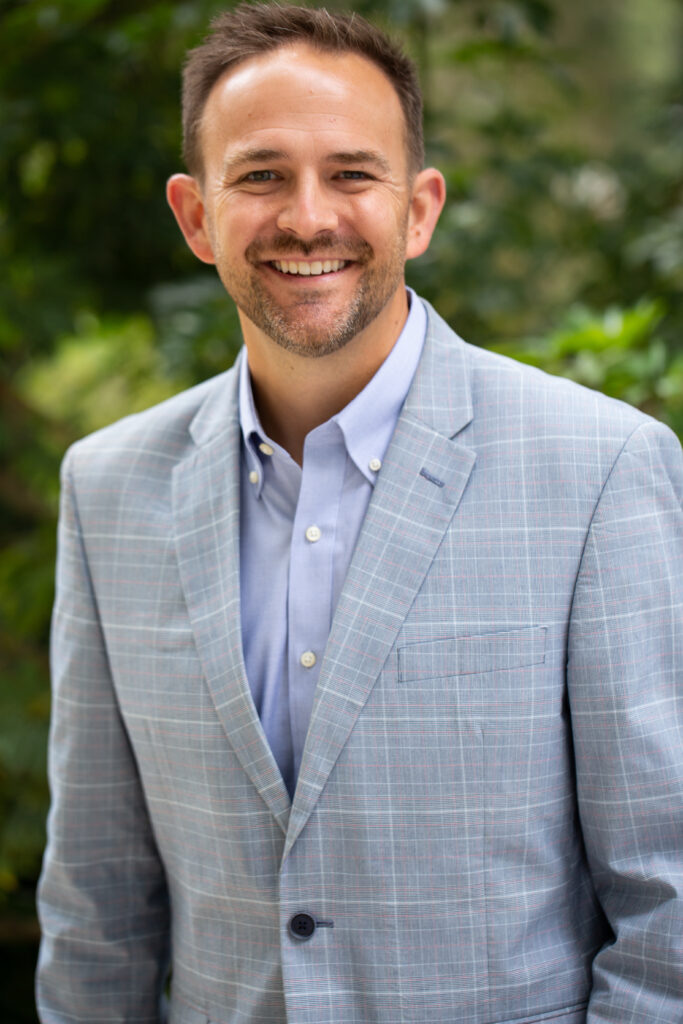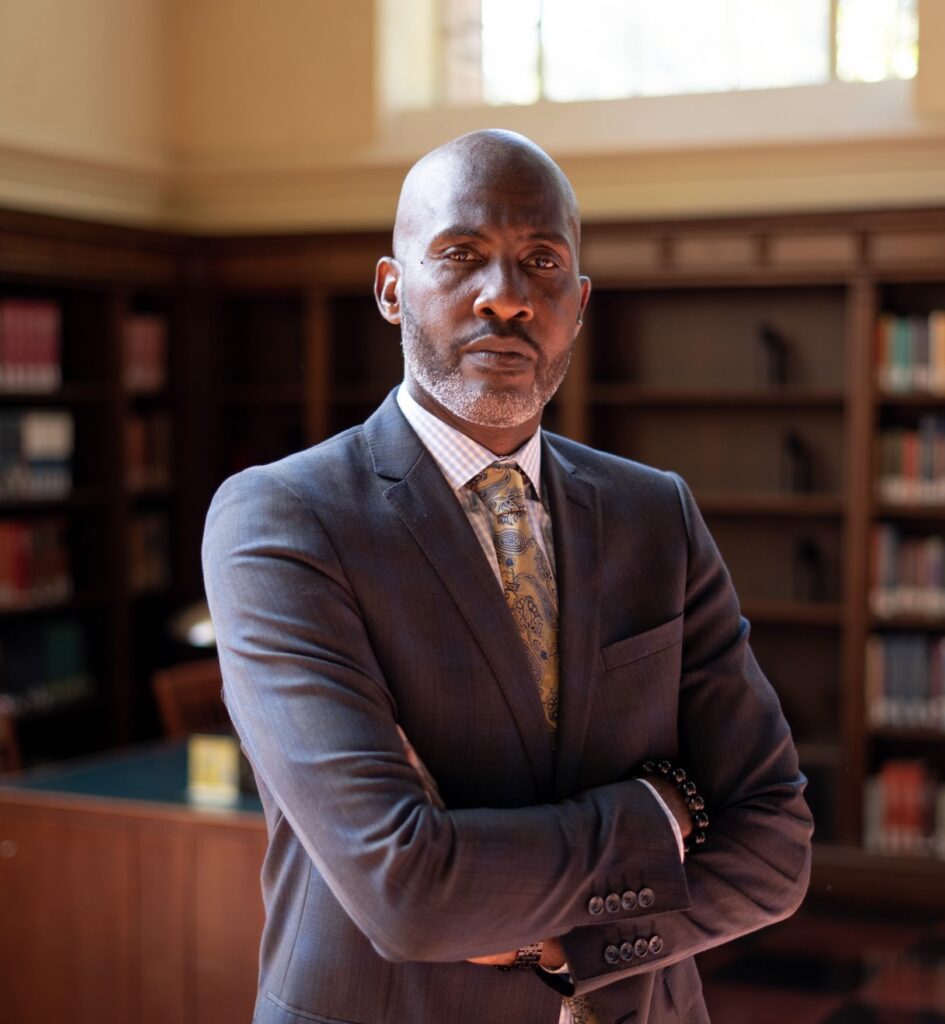UCLA Center for the Transformation of Schools joins with scholars across the US and England to author special series exploring the impact of COVID on school-age children
The research journal, Teacher’s College Record at Columbia University has published a special issue examining the effect of the COVID-19 pandemic on education in the United States and beyond and its implications for the future of education. The special issue is available online (with some restrictions) here.
Organized by Joseph P. Bishop and Tyrone C. Howard of the UCLA Center for the Transformation of Schools (CTS), the special issue presents a series of papers by academic researchers at the UCLA School of Education and Information Studies and other academic institutions exploring if and how COVID-19 accelerated pre-existing inequities for students of color and other pandemic-related impacts across the United States and in England.
The COVID-19 pandemic triggered an unprecedented disruption to global education systems with over 50 million K–12 students in the U.S. affected by prolonged school closures, amplifying longstanding inequities among students. The new research project aims to examine the multifaceted educational impacts of the pandemic, particularly for historically marginalized students in the U.S. and the United Kingdom, and to identify emerging patterns and gaps in research that can guide future interventions. The researchers offer actionable recommendations for research, policy, and practice to address the cumulative effects of COVID-19 on school-age youth.
“This special issue is a testament to a shared commitment to scholarship that seeks to identify existing education patterns tied to the pandemic and remedy efforts that prioritize unlocking the potential of an entire generation of learners,” said Bishop, executive director of the CTS. “The challenges accelerated by the pandemic will exist far beyond any political terms, requiring great political urgency and an unwavering focus on public education.”

The lead paper in the journal, “The COVID Effect: Unlocking the Education Potential for a Generation of Learners,” by Bishop and Professor Howard, explores how various systems—districts, states, and governmental agencies—shaped the development and well-being of young people during the crisis. In many cases, large systems such as school districts were left to manage an unprecedented public health emergency and deliver instruction with limited coordination or federal guidance. Drawing on the findings of interviews with educators and a new survey of school administrators in California, the research makes make clear that the pandemic exacerbated longstanding structural inequities that were intensified under emergency conditions. Inequities in remote learning conditions were widespread. School districts serving predominantly low-income students and students of color faced greater barriers due to limited access to technology, connectivity, and instructional infrastructure. These challenges deepened preexisting disparities in educational access and quality, particularly in core academic subjects like mathematics.
Among other findings, some respondents said that pre-pandemic differences in achievement patterns were accelerating for students of color, and the social, emotional, and mental health needs of students are far exceeding the capacity of staff. The study also contends that, “basic needs are more fundamental to student learning than ever before.”

Pritzker Family Endowed Chair of Education;
Faculty Director, UCLA Pritzker Center for Strengthening Children and Families
and UCLA Center for the Transformation of Schools.
“COVID-19 exposed deep-seated inequities that have plagued the nation for decades. The disparate impact expanded these inequities, furthering the divide between students of color and their peers and the schools they attend,” said Professor Howard, faculty director of the CTS. “At a time when the nation’s schools are more racially and culturally diverse than ever before, the consequences have national ramifications. Having students of color – a disproportionate number of whom happen to be low-income – struggle academically, may very well lead us back to policies and practices of the Jim Crow era.”
The paper by Bishop and Howard includes specific, actionable recommendations, including a call for an aggressive state policy response to support racial justice and equity.
Scholars contributing to the Teachers College Record special issue examined a range of critical issues related to the impact of COVID-19 on students, educators, and school systems. The papers in the issue include:
“The COVID Effect: Unlocking the Education Potential for a Generation of Learners.”
Joseph P. Bishop, Tyrone C. Howard, UCLA.
“Business Not as Usual: Understanding Factors for Organizational Change After a Crisis.”
Amanda Lu, Georgetown University / Stanford University, Susanna Loeb, Nancy Waymack, Stanford University.
“What Can We Learn from the Research on Public School Reopening Decisions in the United States During the COVID-19 Pandemic?” Jeremy Singer, University of Michigan–Flint.
“Changes in Children’s Kindergarten Readiness in the Wake of COVID-19: Statewide Evidence from Louisiana.” Anna J. Markowitz, UCLA, Walter Herring, Mathematica, Isabelle Fares, University of Virginia.
“School District and Community Factors Associated with Test Score Declines During the COVID-19 Pandemic.” Erin M. Fahle, Stanford University, Thomas J. Kane, Harvard University, Tyler Patterson, University of Chicago, Sean F. Reardon, Stanford University, Douglas O. Staiger, Dartmouth College,
Elizabeth A. Stuart, Johns Hopkins University.
“Exploring the Impact of COVID-19 on District Spending for English Learners“ Lucrecia Santibañez, Marlene Saint Martin Guerra, UCLA.
“Three Metrics for Monitoring Educational Progress When Tested Populations Change.”
Andrew Ho, Harvard University
“From Locked Down to Shut Out: School Exclusion Patterns Pre and Post COVID-19 in England.”
Ian Thompson, Harry Daniels, Department of Education, University of Oxford
“Together, these papers offer new insights and frameworks for understanding the impact of the pandemic and advancing targeted, equity-driven responses as we move forward to support students, educators and schools,” says Bishop.
“Our hope that this special issue will spark new conversations, scholarly endeavors, and courageous policy actions from lawmakers committed to addressing the cumulative, negative effects of the pandemic on young people.“
